The sweet spot of content shifts with every Google update, every layout change, every shift in demographic direction. Finding a consistent starting point can be difficult, but establishing a framework is invaluable for encouraging visitors to frequent a site, as well as establishing consistency with your writer or writing team.
Rather than chasing after the newest twist or trend in SEO within your digital marketing strategy, your focus should be on creating a body of solid content with authoritative information – essentially the only strategy that has weathered the fickle moods of the web.
This Content is Too Hard
Once an article or blog post is created, putting it up for audience consumption shouldn’t be considered the end of its story. Content should remain flexible and accessible, regardless of what it actually says. Today’s how-to article could become tomorrow’s Youtube closed captioning script or Twitter-based teaser to a larger collection of similar content.
Quotes can be extracted for infographics and subheadings in reports, opinions can be quoted within whitepapers and e-books – the lifespan of content has become nearly immortal, provided the content creator or host is willing to adjust it to new venues periodically.
This Content is Too Soft
Authoritative content needs to have some backbone to withstand the rigors of criticism and fact-checking. While a certain amount of padding can be forgiven in some situations, poor research and incomplete verification of quotes and statistics won’t stand in a world where the intersection of data indexing and skepticism grows wider every day.
Opinions should be couched as opinions and any content with hard facts and statistics should have a minimum of cursory verification before it debuts on the web. While creative teams need a healthy amount of leeway to implement a digital marketing strategy, allowing them to wander too far afield without oversight could threaten your authority in the eyes of search engines.
This Content is Just Right
Your content should answer a question, whether spoken or unspoken. It should be long enough to tell your story, but not so long that your reader loses interest. Finally, it should stand up to scrutiny and be structured well enough to weather a certain amount of critical examination.
Realistically, there is no such thing as a ‘perfect’ piece of content, but if you keep these three pointers in mind, you’ll land closer to your digital marketing strategy target than you would flying blind.
Flexibility is your biggest strength as a content creator or manager – new content delivery technology and channels are emerging every day, and even if they require study to master, an open mind is the first step to learning them.
